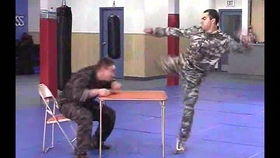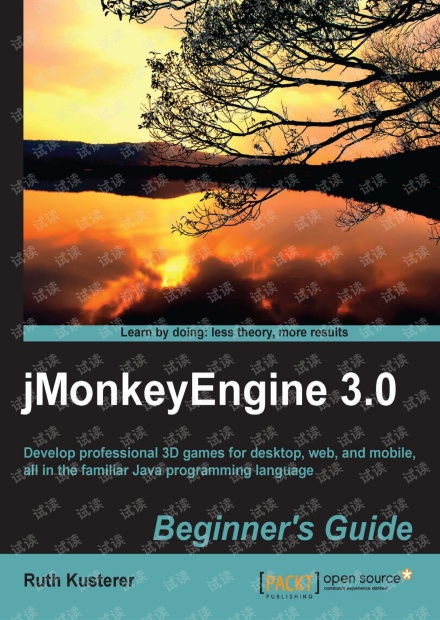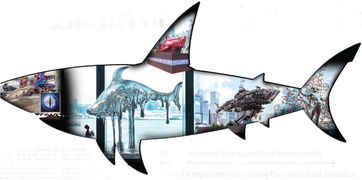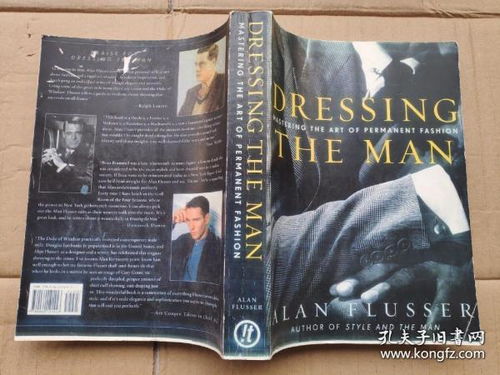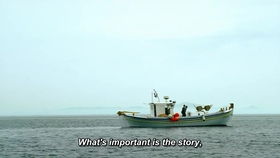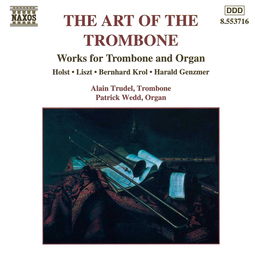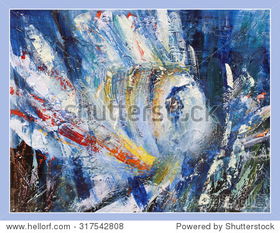Content:
Embarking on the thrilling adventure of fishing can be both exhilarating and challenging, especially for those who are just dipping their toes into the water, quite literally. Whether you're a seasoned angler or a complete novice, understanding the basics and mastering some key techniques can significantly enhance your fishing experience. Here's a comprehensive guide on how to operate effectively and efficiently when you're just starting out in the pond.
Understanding the Pond
Before you cast your line, it's crucial to familiarize yourself with the pond you're fishing in. Ponds can vary greatly in size, depth, and fish population. Here are some initial steps to consider:
Location and Accessibility: Ensure the pond is easily accessible and safe to fish from. Check for any fishing regulations or permits required.
Size and Depth: Determine the size and depth of the pond. Larger ponds may have more fish but can be more challenging to fish effectively. Shallow ponds may be easier to navigate but may have fewer fish.
Fish Species: Identify the types of fish that inhabit the pond. Common species include bass, catfish, perch, and sunfish. Each species has different preferences and behaviors, which will influence your fishing strategy.
Essential Gear
The right equipment can make a huge difference in your fishing success. Here's a list of essential gear for beginners:
Rod and Reel: Choose a rod and reel that are appropriate for the type of fish you're targeting. Lightweight spinning rods and reels are great for beginners.
Line: Use monofilament line for its flexibility and ease of casting. The thickness of the line should match the size of the fish you're aiming to catch.
Hooks: Select hooks that are suitable for the type of bait you plan to use. For example, larger hooks are better for heavier baits like worms or lures.
Bait: Decide on the type of bait you'll use. Live bait like worms, crickets, or minnows can be effective, but artificial lures can also be a great choice.
Tackle Box: Carry a tackle box with essential items like extra hooks, sinkers, swivels, and line cutters.
Basic Fishing Techniques
Once you have your gear, it's time to learn some basic fishing techniques:
Casting: Practice your casting technique to ensure you can accurately place your bait in the water. Keep your arm close to your body and use a smooth, controlled motion.
Baiting: Attach your bait to the hook securely. If using live bait, ensure it's lively and moving to attract fish.
Patience: Fishing requires patience. Wait for the fish to bite rather than constantly reeling in and out.
Reading the Water: Pay attention to the water's surface. Fish often feed in areas where there is movement or disturbance.
Landing the Fish: Once you've hooked a fish, be gentle and patient. Use a net to help land the fish safely.
Advanced Tips for Beginners
As you gain more experience, here are some advanced tips to consider:
Understanding Fish Behavior: Learn about the habits and feeding patterns of the fish you're targeting. This knowledge can help you predict where they might be.
Experiment with Bait: Try different types of bait and lures to see what works best. Sometimes, the simplest bait can be the most effective.
Weather Awareness: Fish are often more active on overcast days or during early morning and evening hours. Pay attention to the weather and how it might affect fish activity.
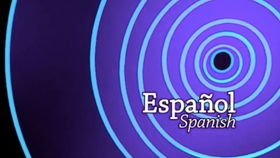
Safety First: Always prioritize safety, especially when fishing from a boat. Wear a life jacket and be aware of your surroundings.
Conservation: Practice catch-and-release fishing if you're not planning to keep the fish. This helps maintain healthy fish populations for future generations.
In conclusion, entering the pond to fish can be a daunting experience, but with the right knowledge and approach, it can also be incredibly rewarding. By understanding your pond, choosing the right gear, mastering basic techniques, and continuously learning from your experiences, you'll be well on your way to becoming a skilled angler. Happy fishing!
